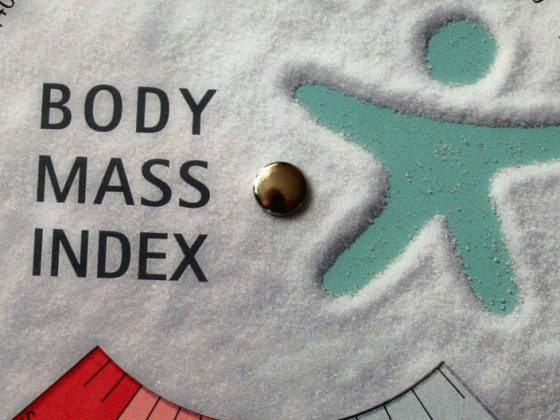As a psychiatrist, one is confronted with rare diseases, orphan diseases, in two ways: First, some of these diseases involve neuropsychiatric symptoms. The following two case studies are intended to illustrate this. On the other hand – and this is the more frequent case – rare diseases indirectly affect the psyche of those affected and their relatives, not least because of the long waiting times and arduous paths to the right diagnosis and therapy.
Mr. F. was a 42-year-old married father of two who had developed depressive symptomatology that did not respond properly to antidepressants or psychotherapy. He seemed frozen in his depression. He spoke little, answered mostly in short sentences, and above all showed little spontaneous activity. The wife reported that he spends the whole day sitting in the chair and just staring at himself. History revealed that his mother died early in a hospital, clinical examination showed saccadic eye movements, and his finger pressure was pulsatile. Behind the depression was Huntington’s disease, which not infrequently begins with an apathetic state.
Mrs. S. reported to the emergency that she was afraid of losing her mind. Since the day before yesterday, she said, everything has been so strange, trees suddenly had scary faces that would talk to her. She has had no stresses and strains, only a strong stomach flu for the third time now. Schizophrenic disorders begin insidiously or after an acute stress, moreover, affected persons have no perception that something is wrong with them. Mrs. S, on the other hand, was aware that her perception was not correct, and the onset of illness was abrupt. When asked, she explained that any “stomach flu” was associated with such delusions. She suffered from acute intermittent porphyria.
As a psychiatrist, however, one is almost more frequently confronted with another aspect of rare diseases: Affected persons and especially also relatives are psychologically and psychosocially highly stressed. It usually takes a long time before the correct diagnosis is made. There are repeated contacts with the medical system, where the affected persons “run into”. The first two porphyria episodes of the mentioned patient were not properly classified – the patient was told that she was dehydrated in the context of the gastrointestinal flu and probably suffering from some “stress”. That’s why she was hesitant to get help at first on the third episode, thinking they’d think she was “too sensitive” again.
Troublesome ways, lack of competence
However, it is often difficult to find competent contact persons for these rare diseases in Switzerland. The strength of the Swiss health care system is its deep regionalization. This is ideal for common diseases, but more problematic for rare diseases. Reading forums of the affected person movement, it becomes clear how difficult the path is to seek adequate treatment – and to finance it. Medical costs are often not covered, and social insurance is also based on common illnesses, not rare ones. Time and again, affected families have to pay for a significant portion of the care themselves or are involved in protracted legal disputes with the insurance and social services systems. This high psychological and social stress means that those affected, but also their relatives, have a greatly increased risk of adjustment disorders, exhaustion depression or even sleep disorders.
Provide patients with more comprehensive care
In this respect, patients and their relatives want comprehensive care that also covers psychosocial stress aspects. On the one hand, this care is provided by the specialized centers, and above all also by affected persons’ and self-help organizations. However, such care is desired by patients and their relatives above all through you – their family doctors.
Thomas Ihde, MD
Author observer guides “Ganz normal anders – alles über psychische Erkrankungen” (2013) and “Wenn die Psyche streikt – psychische Gesundheit am Arbeitsplatz” (published 8/2015)












